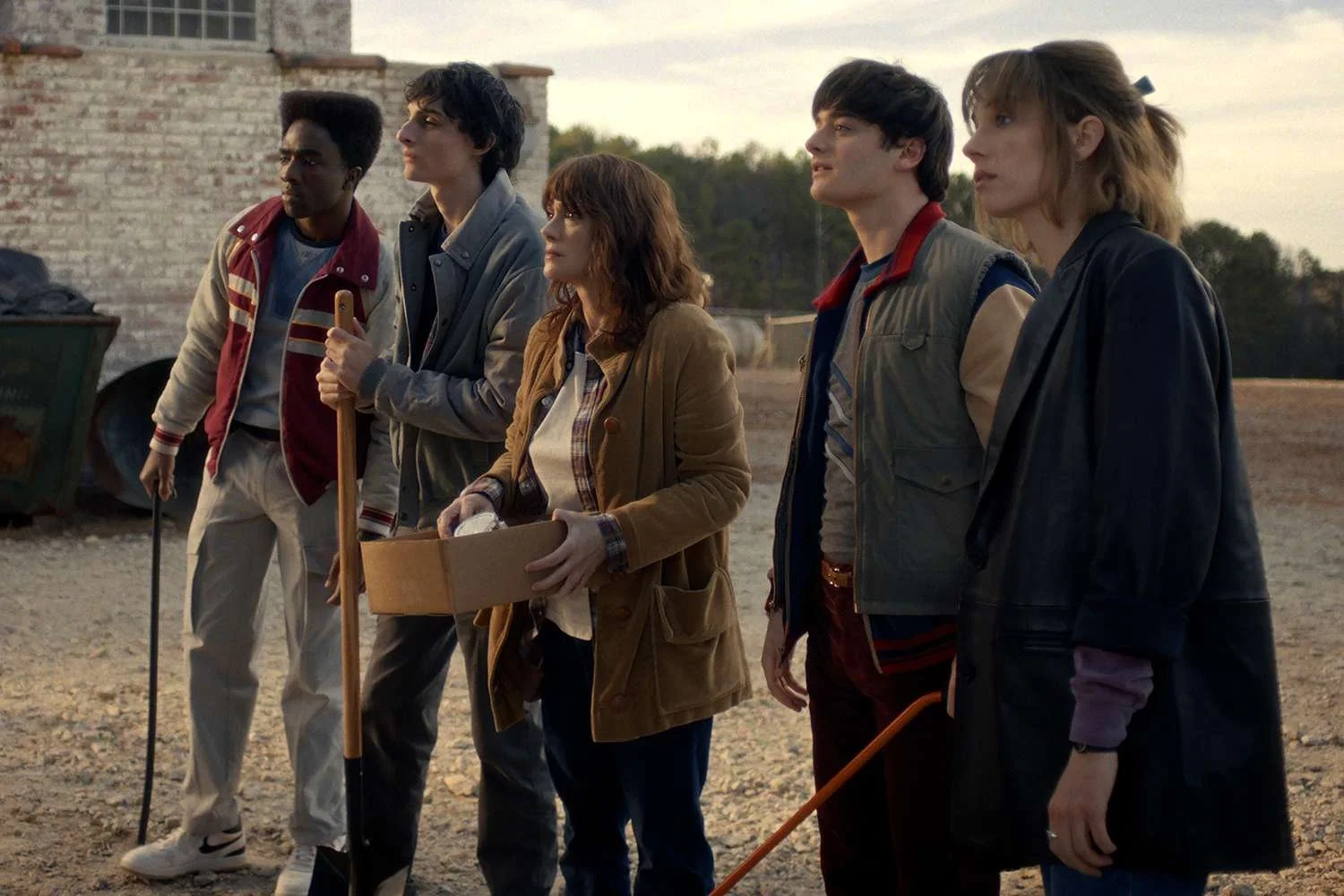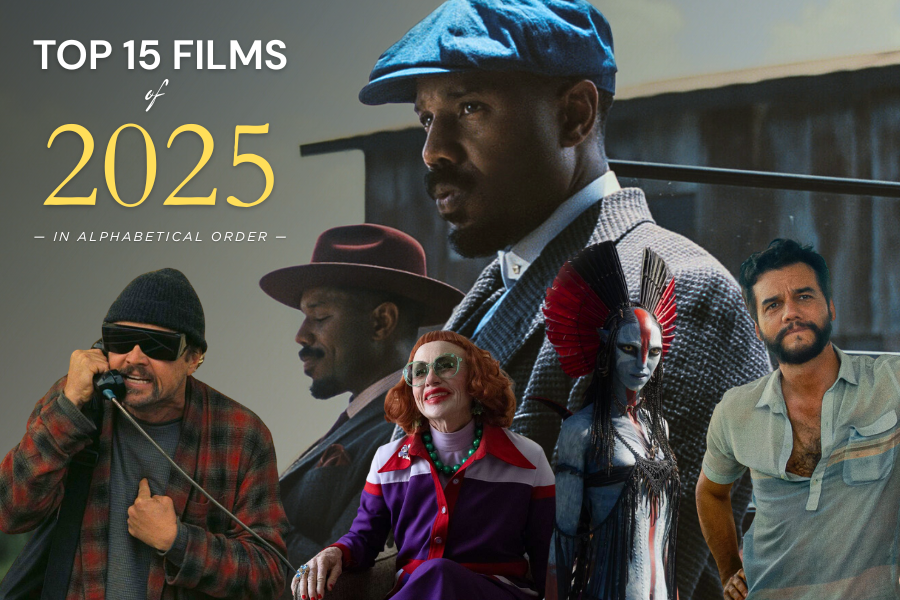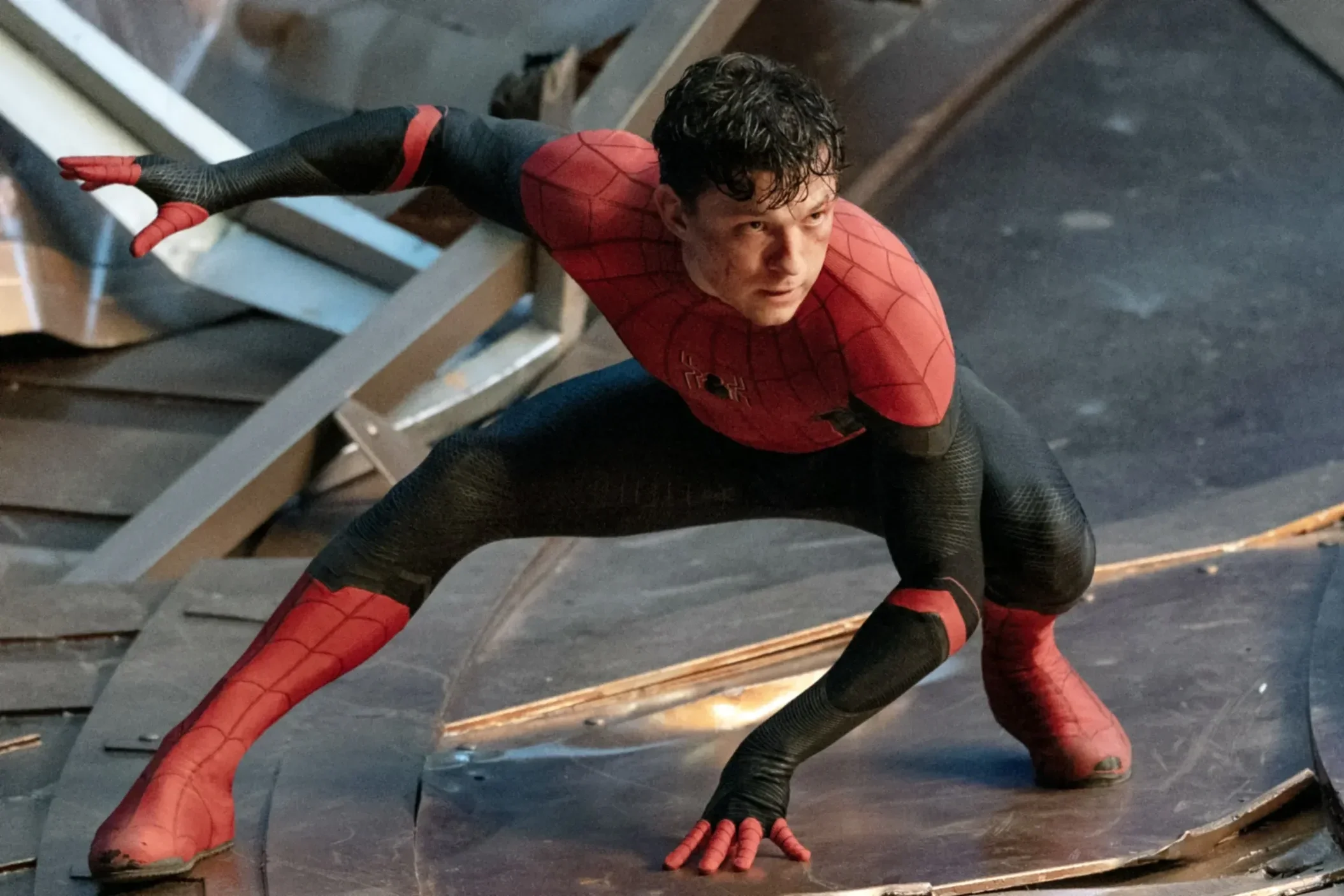‘The Running Man’ is Edgar Wright’s Most Bombastic Film to a Fault
Courtesy of Paramount Pictures.
In recent years, audiences have been inundated with dystopian, gladiatorial reality-television narratives — from ‘The Hunger Games’ to ‘Squid Game’ — yet all of these owe an unmistakable debt to ‘The Running Man.’
Richard Bachman’s (that is, Stephen King’s) 1982 novel, set in the then-far-off year of 2025, imagines a global economy in ruins and an attendant rise in violence, a scenario that now feels uncomfortably prescient. In this blighted society, an everyman named Ben Richards volunteers for the eponymous, lethally orchestrated game show, in which contestants must elude professional assassins for thirty days in exchange for the promise of a staggering cash prize. The 1987 cinematic adaptation, headlined by Arnold Schwarzenegger at the height of his muscular celebrity, departed substantially from King’s narrative, offering a surfeit of glossy yellow jumpsuits but surprisingly little actual running.
Edgar Wright now steps forward with a new adaptation, returning to Hollywood after a sojourn in Soho with his 2021 film ‘Last Night in Soho.’ Working from a script co-written with Michael Bacall (his collaborator on ‘Scott Pilgrim’) Wright preserves much of King’s original framing, including the analogue ritual whereby contestants submit daily self-tapes through the post rather than through any digital cloud infrastructure.
Whereas this year’s other Bachman/King adaptation, ‘The Long Walk,’ was defined by its austerity and claustrophobic minimalism, Wright’s ‘The Running Man’ is expansive, constructing an entire dystopian metropolis while consciously incorporating anachronistic technologies: bulky cathode-ray-tube televisions and VHS cassettes populate this shimmering future. This retro-futurist aesthetic is more than stylistic affectation; it reinforces the narrative’s preoccupation with surveillance.
The resulting film evokes the sensibilities of Paul Verhoeven: the grim urbanism of ‘RoboCop’ tempered by the irreverent satire of ‘Starship Troopers.’ Wright even indulges in a knowingly ‘Home Alone’-like sequence of improvised booby traps. This is Wright’s most ambitious canvas to date.
Although the film is somewhat less comedic and less overtly stylized than his earlier work, he remains keenly attuned to the opportunity for cultural critique, lampooning American popular culture and the capitalist excesses it engenders, much in the spirit of King’s original text, while also gesturing toward contemporary citizen journalism and social-media creators.
In Glen Powell’s portrayal of Ben Richards, Wright discovers the film’s irascible but compelling emotional core: a man beset by anger-management problems yet capable of both force and gentleness. Powell may deploy his trademark charisma more sparingly here, but he offers yet another persuasive demonstration of his leading-man charm and action-hero persona. If anything Powell is the reason this film mostly works.
Our score: ★★★☆☆
(out of 5 stars)





